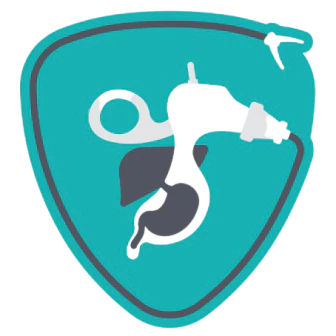In vitro fertilization (IVF) has revolutionized the field of fertility treatments, bringing hope to couples who are unable to conceive naturally. It’s a word that many have heard, but few comprehend the emotional, physical, and scientific complexities of the process. IVF is more than a medical procedure; for many, it’s a journey of hope, perseverance, and sometimes, disappointment.
The IVF Process
Fundamentally, IVF is a technique in which an egg is fertilized with sperm outside the body in a laboratory environment. The resultant fertilized egg, or embryo, is then implanted into the uterus with the hope of implantation and subsequent successful pregnancy. Although it is simple to describe, the process itself is intricate and consists of multiple steps, each vital to enhancing the likelihood of success.
The initial step is ovarian stimulation, where hormonal injections stimulate the ovaries to develop multiple eggs rather than one per cycle. After maturation, the eggs are harvested through a simple surgical procedure, while sperm are procured and ready for insemination.
Fertilization is done in a laboratory, either by conventional means or intracytoplasmic sperm injection (ICSI), where a single sperm is injected into an egg. Once fertilized, the embryos are observed, and the healthiest one is chosen for implantation into the uterus. The subsequent waiting period can be emotionally stressful, as couples wait for the outcome of a pregnancy test conducted approximately two weeks later.
IVF Success Rates and Challenges
IVF has brought joy to countless families. The outcome depends on factors such as age, overall health, and the cause of infertility. Younger women have a higher success rate per cycle, sometimes reaching 40-50%, but these rates decline with age, particularly after 35. Some couples may need multiple cycles before achieving pregnancy, making IVF a physically, emotionally, and financially demanding process.
The Emotional and Mental Effects
IVF is not just a medical process—it is an emotional rollercoaster. The uncertainty, hormonal fluctuations, and social pressures can be overwhelming. Stress, anxiety, or even depression are every day among many couples during the process. Having a sound support system, either through family, friends, or counselling, can assist in coping with these feelings. Support groups can also provide comfort by bringing people together who are experiencing similar situations.
The Future of IVF and Reproductive Medicine
Reproductive medicine is advancing and making IVF more accessible and effective. Procedures like frozen embryo transfer (FET), preimplantation genetic testing, and donor eggs enhance success rates and increase possibilities for prospective parents. As research and innovation continue, IVF is changing, giving more couples a chance at parenthood.
Final Thoughts: A Journey of Hope
For those going through IVF, the process is intimidating, yet it is hopeful. No matter if it is successful the first time or after multiple attempts, every step forward is gained through new insight, courage, and the chance to hold a child in your arms. For most, the potential alone of this makes the journey worthwhile.

